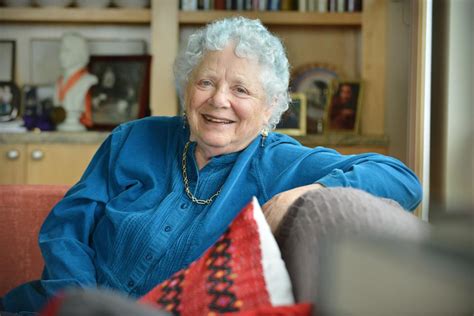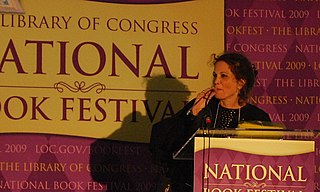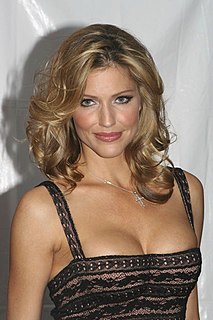A Quote by Helen Dunmore
The language has got to be fully alive - I can't bear dull, flaccid writing myself and I don't see why any reader should put up with it.
Related Quotes
Nice writing isn't enough. It isn't enough to have smooth and pretty language. You have to surprise the reader frequently, you can't just be nice all the time. Provoke the reader. Astonish the reader. Writing that has no surprises is as bland as oatmeal. Surprise the reader with the unexpected verb or adjective. Use one startling adjective per page.
The very dull truth is that writing love scenes is the same as writing other scenes - your job is to be fully engaged in the character's experience. What does this mean to them? How are they changed by it, or not? I remember being a little nervous, as I am when writing any high-stakes, intense scene (death, sex, grief, joy).
Simply put, meta-writing is writing that is self-conscious, self-reflective, and aware of itself as an artifice. The writer is aware she's writing, and she's aware there's a reader, which goes all the way back to Montaigne's often-used address "dear reader," or his brief introduction to Essais: "To the Reader." It can be done in a myriad of ways.
We do not have to die to enter the kingdom of Heaven, In fact we have to be fully alive. When we are truly alive we see that the tree is part of Heaven and we are also part of Heaven. The whole universe is conspiring to reveal this to us. Peace is available and when we touch it everything becomes real. We become ourselves, fully alive in the present moment.
I had to do things to myself on the page that had been done to me in real life. I had to try and drown myself in the bath. You have to do that. And the impulse is to rescue yourself and to spare the reader, but I can't rescue myself. And why should I spare the reader when nobody spared me? It's telling people what happened.
For me, the writing life doesn't just happen when I sit at the writing desk. It is a life lived with a centering principle, and mine is this: that I will pay close attention to this world I find myself in. 'My heart keeps open house,' was the way the poet Theodore Roethke put it in a poem. And rendering in language what one sees through the opened windows and doors of that house is a way of bearing witness to the mystery of what it is to be alive in this world.
I believe that any form of writing exercise is good for you. I also believe that any form of tuition which helps develop your awareness of the different properties, styles, and effects of writing is good for you. It helps you become a better reader, more sensitive to nuance, and a better writer, more sensitive to audience. Texting language is no different from other innovative forms of written expression that have emerged in the past. It is a type of language whose communicative strengths and weaknesses need to be appreciated.
You've got to be a good reader. So whatever genre that you're interested in, read a lot of books about it and it's better than any kind of writing class you'll ever take. You will absorb techniques and then in a lot of cases you can just start writing using the style of the book or the author that you admire and then your own style will emerge out of that. Be a diligent reader and then try to write seriously, professionally and approach everything in writing in a professional way.







































